Calendar
Texas Trustees Holding Annual Public Meeting December 1
The Texas Trustee Implementation Group will hold its annual public meeting via a webinar on December 1, 2021 at 6:00 p.m. CT. During the meeting, They will present an update on Texas Restoration Area plans, projects, and activities. They will provide opportunities for attendees to submit questions as part of the webinar registration process, and during the Webinar via chat. The webinar is open to everyone, and they encourage your attendance and participation.
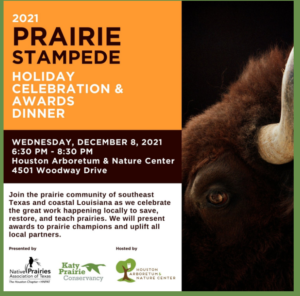
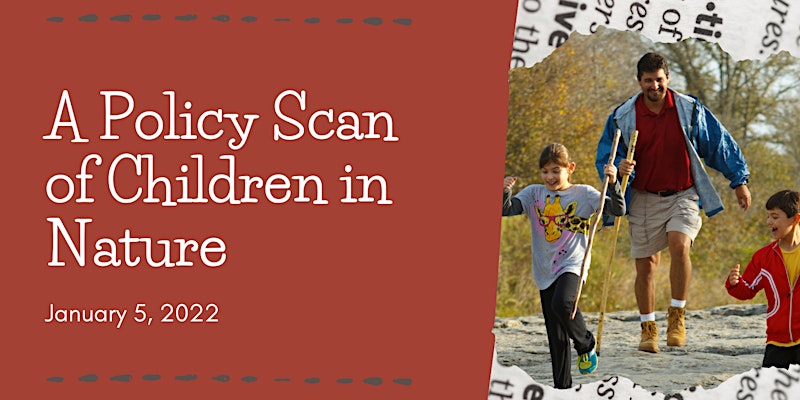 A webinar with Rosa Yin, a student at the University of Texas in Public Policy
A webinar with Rosa Yin, a student at the University of Texas in Public PolicyPolicies, especially local and state, have great influence over our day to day lives. To understand the specific influences policies play in a particular topic area, policy scans are useful tools for developing thorough understandings. This presentation’s policy scan analyzed the City of Austin’s municipal policies and programs to assess whether nature is equitable and accessible for children throughout the city. This session will discuss methods and results of the Austin policy scan to provide participants with a helpful guide to conducting their own policy scans that can evaluate access to nature.
Workshop is offered twice on January 5th, 2:00 and 7:00 Central
A zoom link for the webinar will be emailed to registrants the day of the event. If you have not seen an email come through please check your spam folder.
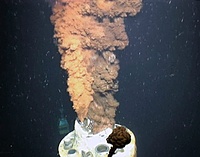
Civic Science: Inquiry to Action

This six-session synchronous course will delve into CELF’s Inquiry to Action Framework to enhance real-world learning in your school community and engage student learning through inquiry, place and action. You will join a multi-state cohort of 5th-12th grade educators, developing and building upon place-based projects and exploring environmental pathways, such as water, biodiversity and air. This program is designed to support educators at any point in their civic science journey providing the opportunity for students to become civic scientists, equipped to confront 21st-century challenges.
Civic Science: Inquiry to Action

This six-session synchronous course will delve into CELF’s Inquiry to Action Framework to enhance real-world learning in your school community and engage student learning through inquiry, place and action. You will join a multi-state cohort of 5th-12th grade educators, developing and building upon place-based projects and exploring environmental pathways, such as water, biodiversity and air. This program is designed to support educators at any point in their civic science journey providing the opportunity for students to become civic scientists, equipped to confront 21st-century challenges.
Civic Science: Inquiry to Action

This six-session synchronous course will delve into CELF’s Inquiry to Action Framework to enhance real-world learning in your school community and engage student learning through inquiry, place and action. You will join a multi-state cohort of 5th-12th grade educators, developing and building upon place-based projects and exploring environmental pathways, such as water, biodiversity and air. This program is designed to support educators at any point in their civic science journey providing the opportunity for students to become civic scientists, equipped to confront 21st-century challenges.
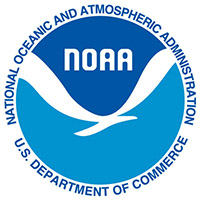
Seaside Chats is an annual speaker series about ocean topics associated with Flower Garden Banks National Marine Sanctuary and the Gulf of Mexico. These presentations take place on Wednesday evenings in February, from 6:30-7:30 p.m. (Central Time)
Civic Science: Inquiry to Action

This six-session synchronous course will delve into CELF’s Inquiry to Action Framework to enhance real-world learning in your school community and engage student learning through inquiry, place and action. You will join a multi-state cohort of 5th-12th grade educators, developing and building upon place-based projects and exploring environmental pathways, such as water, biodiversity and air. This program is designed to support educators at any point in their civic science journey providing the opportunity for students to become civic scientists, equipped to confront 21st-century challenges.
Parks and Natural Areas Awards
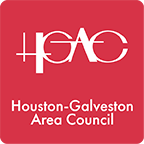
H-GAC established the Parks and Natural Areas awards program in 2006 to highlight best practices and innovative approaches to parks planning and implementation. H-GAC honors projects in the categories of Projects Over $500,000, Projects Under $500,000, Planning Process and Policy Tools, and Programming.
This program recognizes outstanding parks and natural areas around the region. No funding is associated with this award program.
